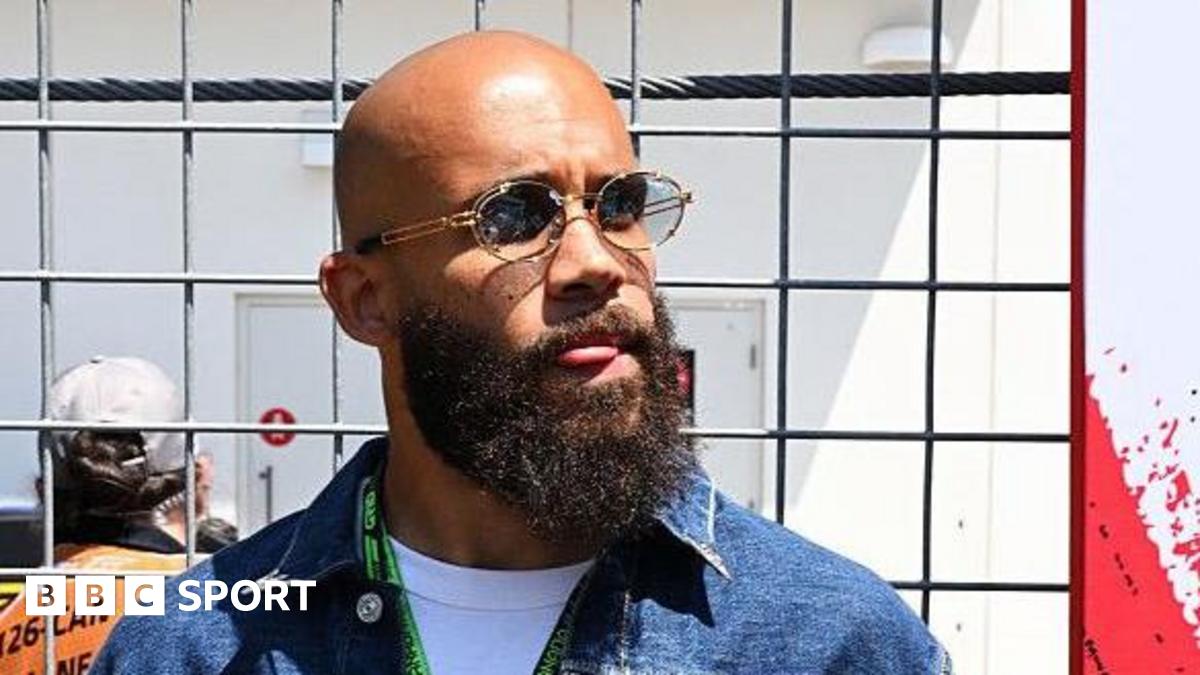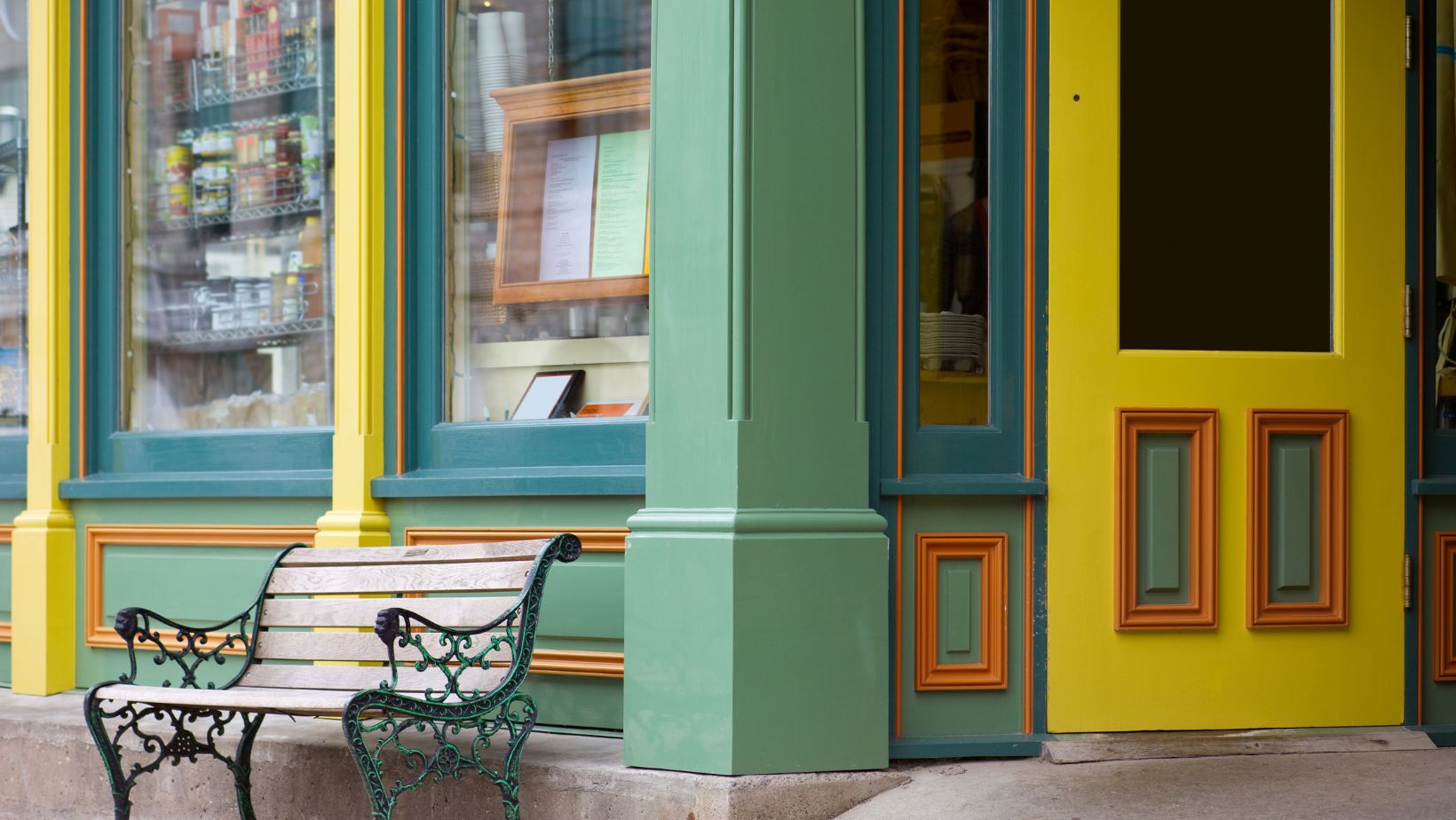From Serendipity To Startup: Meeting Venus Williams And Other Lucky Strikes

Luck might feel like a cosmic accident waiting to happen, but it's so much more than that.
gettyTalk to any entrepreneur who has truly reflected on their journey, and you will see a common theme emerge: a confession that luck made it all possible.
But luck in entrepreneurship isn’t as simple as a lightning strike or a lottery ticket. And it certainly isn’t as simple as our introspective entrepreneurs would like to believe.
Founders live in a world where possibilities, not probabilities, govern their decisions. If they didn’t, they would never get started to begin with.
The odds are almost always stacked against them given how new ventures fail at staggering rates, and yet they move forward anyway. On the surface, being that single exception to the rule, the one out of thousands certainly does feel lucky.
Still, when wildly successful founders mention all the lucky breaks they’ve had, it can often ring hollow to outside ears.
It’s not that we don’t appreciate their humility. We do.
It’s because deep down we recognize a harder truth: the most successful leaders didn’t wait for luck to arrive, they tilted the board in their favor and made it come to them.
Some even built companies on a single chance encounter.
Like the dinner Yves Benchimol from WeWard had when he was seated, by sheer coincidence, next to Venus Williams, a story we’ll explore after first taking a closer look at the wonderfully opportunistic concept of the luck surface.
It’s a misconception to think that luck is a cosmic accident waiting to happen.
On a very fundamental level, it is nothing but a function of opportunity and ability.
Where opportunity opens a door that was previously shut, ability gives you the readiness to walk through it.
Think of luck like a ping-pong ball and your life as the table: the bigger the table, the more likely the ball finds you.
This is your luck surface, and the larger you make it the better your chances when opportunity bounces your way.
But being struck by luck is only the beginning.
The true differentiator is what you do next. Do you hit, or do you miss?
Yves Benchimol, founder of WeWard, didn’t just bump into Venus Williams.
On the contrary, when the future business partners met, he had the mindset, and preparation, to turn a random encounter into something transformative.
“We were at the same hotel restaurant at a time when I had been preparing for years to launch my own business, one that’s focused on wellness,” Benchimol recalls.
“It could have just been a great dinner story and maybe an Instagram post. But instead, it became the start of the business I run today, and our mission to reward healthier living.”
As Benchimol recounts it, his startup, WeWard, would go on to become a booming success in Europe before expanding to the U.S., incentivizing millions to walk more by awarding them points (Wards) they can redeem for discounts and cash.
"Meeting Venus gave the business concept I had built a path to reality," Benchimol says.
"I had built a concept where we would be giving people a way to connect movement to rewards, something even world-class athletes think about daily, and I suspected that Venus would be interested in this. But you never know if you’re just intruding on someone’s otherwise delightful dinner."
Making the move wasn’t an easy decision for Benchimol to make, but after several false-starts and moments of hesitation, he stood up and took to the table next to him.
To Benchimol’s surprise, Williams was not only interested in hearing him out, she offered to talk more about investing directly in the venture as well.
Luck had struck.
Yet Benchimol is quick to point out that had the Venus Williams dinner never happened, WeWard would have still found its way forward.
“Luck shaped the journey. But our readiness would have found another door eventually,” he notes.
This distinction, between luck creating opportunity and preparation creating outcomes, is crucial.
“We spent years preparing for the American market. Meeting Venus was a catalyst. But catalysts only work when the rest of the chemistry is ready for making the mixture of success,” he adds.
If luck shapes the opportunity, timing shapes its size.
And timing, unfortunately, is the one part of the equation that even the best founders can’t fully control.
Yet the most prepared founders can still leverage it.
Brad Scoggin, CEO of ArborXR, understands this intimately.
His company builds enterprise-grade virtual reality (VR) software, a field that’s been through multiple hype cycles over the past few decades.
"VR didn't 'fail' in the '90s because the ideas were bad," Scoggin reflects. "It failed because the timing wasn't right, hardware was clunky, costs were high, and the market wasn’t ready. It simply wasn’t something customers saw enough value in."
Fast forward to today, and the conditions have changed: better hardware, broader consumer acceptance, and enterprise applications blossoming. A boom that started in gaming has sprinkled opportunity across many other sectors.
"We're in the middle of enterprise VR’s real moment now, as meaningful use cases like VR training continue to be proven in industries as diverse as healthcare to manufacturing," Scoggin says.
"But even now, success isn't automatic. You have to be patient, build responsibly, ensure you’re innovating ahead of the competition, and be ready when the market tips."
Scoggin credits part of ArborXR’s success to the ability to ride the wave when it finally crested.
"Luck isn’t as simple as nailing your timing," he argues.
"It’s preparation meeting inevitability. You just have to create a great product and survive long enough to catch the big one."
As Scoggin sees it, the real challenge isn't riding the first hype wave. That’s easy for anyone to do.
It’s surviving to see the second and third waves that are on their way, and being ready to surf when they hit your shores.
Sometimes, the opportunities that shape us aren’t obvious until much later.
Jack Bessudo and Declan Simmons, co-founders of Tamalitoz, found their spark years before they realized it.
While staying in a hotel in Sydney, Bessudo noticed an elaborate candy display at a local shop.
"It was beautiful," he remembers. "I remember being awestruck with the presentation, the taste, the whole experience. I had never felt anything like this, certainly not in Mexico.”
And so the seed was planted.
Back in Mexico City, he recruited a candy artisan to teach him the craft, despite having no pastry experience. "Learning was brutal," he laughs. "I burned my fingertips to the bone more than once."
The eventual product, a vibrant, chili-lime stuffed candy line called Tamalitoz, would come to mix traditional Mexican flavors with a clean, modern aesthetic. It’s now carried across the US at Whole Foods and numerous other chains, as well as thousands of bags flying home from Mexico City.
“We didn’t want to be pigeonholed into the 'Mexican candy' section,” Bessudo says. "We wanted to be colorful, premium, proud and global."
It’s hard to call Bessudo’s and Simmons’ success luck. The work to make their vision a reality has been hard, consistent and the duo nothing if not committed.
And yet, it all started with one moment of curiosity in Sydney, a connection only obvious in hindsight, and a connection many would not have made to begin with.
Declan Simmons adds, "At the time, it was just a pretty jar of candy. Looking back, it changed our lives."
Sometimes, we don't recognize the luck we have until it flowers years later.
If chance encounters and accidental moments can shape lives, then building spaces where such encounters are more likely becomes an entrepreneurial imperative.
Trevor Parham, founder of Oakstop, embodies this idea.
On the surface, Oakstop is a coworking space in Oakland. Below the waterline, it's something much more: a community nexus, designed to create collisions between creatives, entrepreneurs, and change-makers.
"Yes, we’re renting desks and space for others to find their success in," Parham says. "But on a much deeper level, we’re building ecosystems where opportunity becomes inevitable."
By hosting everything from NBA All-Star events to grassroots workshops, Oakstop elevates underrepresented communities into the serendipity economy.
"Luck doesn't happen when you're isolated," Parham points out.
"It happens when you’re visible, engaged, and part of something bigger."
That’s the luck surface in action.
Trevor’s vision for Oakstop has grown rapidly, with organizations like the NFL and FIFA seeking partnerships for future social impact events.
For Parham, fostering spaces where connection can happen is itself an act of entrepreneurship.
"If you build it right," he says, "you’re not just building spaces. You’re building futures."
The thread running through all these stories isn’t something magical conferred by Lady Fortuna.
Rather, its a careful mixtures of preparation, resilience and curiosity brought to bear all at once.
And it’s building space for a community of connections to emerge.
Sure, luck matters. Timing matters. Connections matter.
But they only matter because someone was ready, with the right idea, the right team, and the right mindset, to catch them when they came.
We can't always control when or how luck arrives.
But we can make sure that when it does, we’re standing on a table big enough for the ball to land, with the paddle ready in hand.
That’s the true art of entrepreneurship.











